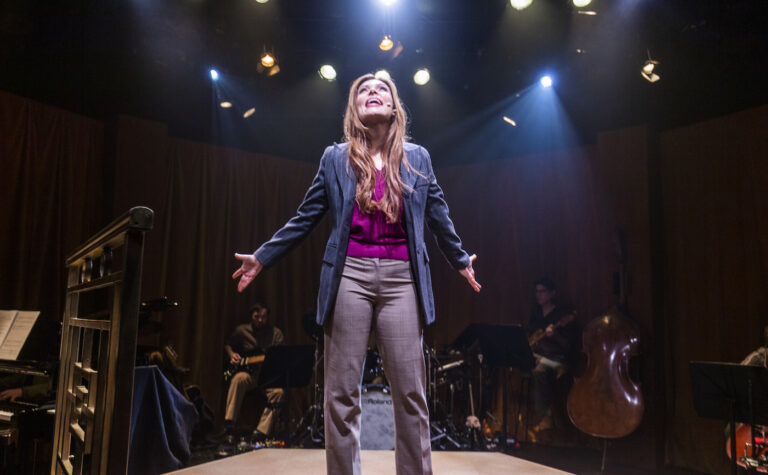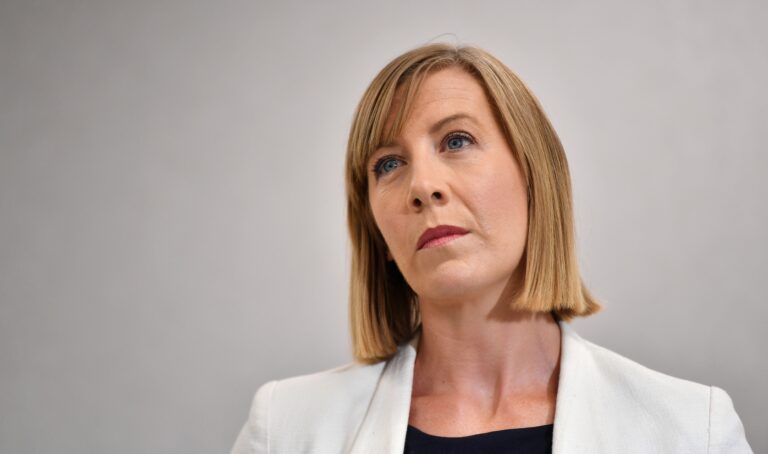
Unfinished Business: The fight to tackle abortion reform in NSW
BY JORDAN FERMANIS
The time has come for abortion reform in New South Wales. For the last century, abortion has been illegal under the Crimes Act 1900 Sections 82-84 carrying a maximum penalty of ten years imprisonment for women having the procedure and the doctors that administer it.
Speaking at a public meeting held at the Glebe Town Hall on 6th June, Greens NSW Senate MP Mehreen Faruqi presented her amendments to the Crimes Act to legalise abortion.
“My bill is the culmination of a long and intense consultation process. With many stakeholders, with legal experts, with doctors, with health professionals, with academics and with womens groups,” Ms Faruqi said.
The bill Ms Faruqi is introducing to NSW parliament works in three areas. Firstly it repeals the sections of the Crimes Act that make abortion illegal. Secondly, it requires there be a 150m ‘safe access zone’ around abortion clinics and finally gives doctors the right to conscientiously object if they feel an abortion is dangerous.”
“Here in NSW, from Surry Hills to Albury to Tweed Heads, people accessing reproductive health services are routinely harassed, filmed and exposed to deeply distressing imagery for something that one in three women in Australia will access. This is unacceptable.”
“We commissioned New South Wales specific polling on abortion law reform last year that found overwhelming support in the community: 87 per cent of New South Wales residents support the right to choose, and that cuts across political divides, geographic areas, and ages.”
“Tasmania, Victoria and the ACT have all made these changes, while we are left lagging behind.
Abortion’s legal status in NSW stretches back one hundred years, where it was criminalised to curb the high instances of maternal mortality rates due to ‘backyard abortions.’ Addressing the meeting Sydney health lawyer, Julie Hamblin said that most people in NSW are unaware that abortion is still illegal.
“Most people in New South Wales, don’t realise abolition is a criminal offence. It is way over time to have this reform passed,”
“It is possible to get abortions in NSW but access is difficult and is highly constrained by the fact that we have this very ambiguous legal status for abortion,” Ms Hamblin said.
Abortion is a common medical procedure. According to statistics provided by Obstetrician/Gynaecologist Dr Phillipa Ramsay, 40 to 60 per cent of women in Australia will have a termination in their life time. Additionally, for every 100 live births in Australia 25 abortions are taking place. There is a disconnect between the reality and the law. Abortions are necessary, they are happening but the law has not caught up.
Bethany Sheehan spoke at the meeting on behalf of the ‘My body, my rights’ action group. The group works to encourage women to not be ashamed or embarrassed about undergoing an abortion while often resisting ‘pro-life’ demonstrators that encircle the Sydney Abortion Clinic in Surry Hills.
“We struggle to talk about abortion in public. Nothing can change if we can’t discuss it and talk about it,”
“It’s 2016 and it’s time to move on,” Ms Sheehan said.
Abortion reform has historically been a feminist issue in NSW dating back to the 1970s and 1980s. Even recently there has been conservative opposition to legalising abortion, most notably from Tony Abbott as Health Minister in the Howard government and from Fred Nile and the Christian Democrat party in the NSW parliament. These views represent a waning minority as gender equality and women’s sexual freedom has become more popularised.
Ms Faruqi told the meeting that it was likely both the major political parties would ask their members to have a conscious vote on the bill. With abortion legal in Victoria, Western Australia, Tasmania and the ACT, Ms Faruqi said it was important that a bill to legalise abortion was introduced to the NSW parliament to give MPs the chance to consider the issue.
“No one has really started the debate and tried to convince MPs that this is the right thing to do. This is what this bill and this campaign does, it puts it on the table after a 100 years, NSW MPs are confronted with this change that people in NSW want,” Ms Faruqi said.









